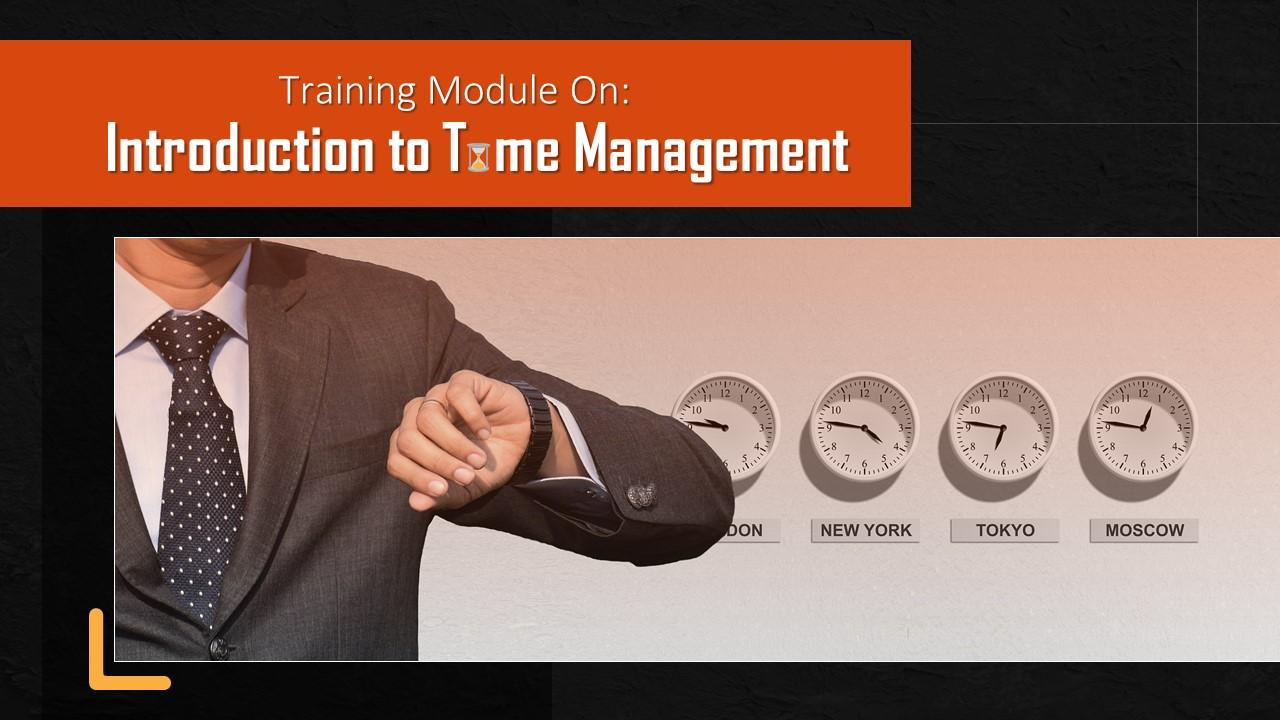Contents
Introduction to Time Management
Time is the one resource we all have in common, yet it often seems to slip through our fingers like sand. Mastering time management is not just about getting more done; it’s about enhancing the quality of our lives. This article will delve into practical tips and strategies to help you wield your time like a pro, ensuring you get the most out of each day.
Understanding the Value of Time
Time is irreplaceable. Once a moment passes, it’s gone forever. This realization is crucial in understanding the true value of time. By appreciating its worth, we become more conscious of how we spend or, unfortunately, sometimes waste it.
Setting Realistic Goals
Short-Term Goals
Short-term goals are your stepping stones to success. They provide a clear roadmap of what you need to accomplish daily or weekly, keeping you focused and motivated.
Long-Term Goals
Your long-term goals are your vision for the future. These are the big picture items that give your life direction and purpose. 정보이용료 현금화 Aligning your short-term actions with these long-term aspirations is key to effective time management.
Prioritizing Tasks
The Eisenhower Box
The Eisenhower Box is a powerful tool for categorizing tasks based on urgency and importance. It helps you focus on what truly matters while avoiding time-wasters.
Urgent vs Important
Distinguishing between urgent and important tasks is vital. Urgent tasks demand immediate attention, but they’re not always beneficial in the long run. Important tasks, however, contribute to your long-term goals.
Planning Your Day
Creating a Daily Schedule
A well-structured daily schedule is a blueprint for a productive day. It allocates specific time slots for various tasks, ensuring a balanced approach to your day.
Time Blocking Technique
Time blocking involves dedicating specific chunks of time to particular tasks or activities. This method is highly effective in preventing task-switching and maintaining focus.
Avoiding Procrastination
Identifying Distractions
Identifying and eliminating distractions is crucial for maintaining productivity. This includes both physical distractions in your environment and digital interruptions.
Overcoming Delay Tactics
Procrastination often stems from underlying reasons like fear or a lack of motivation. Recognizing and addressing these can help you overcome the tendency to delay tasks.
The Power of Saying No
Learning to say no is a superpower in time management. It allows you to guard your time and focus on what’s truly important, rather than spreading yourself too thin.




